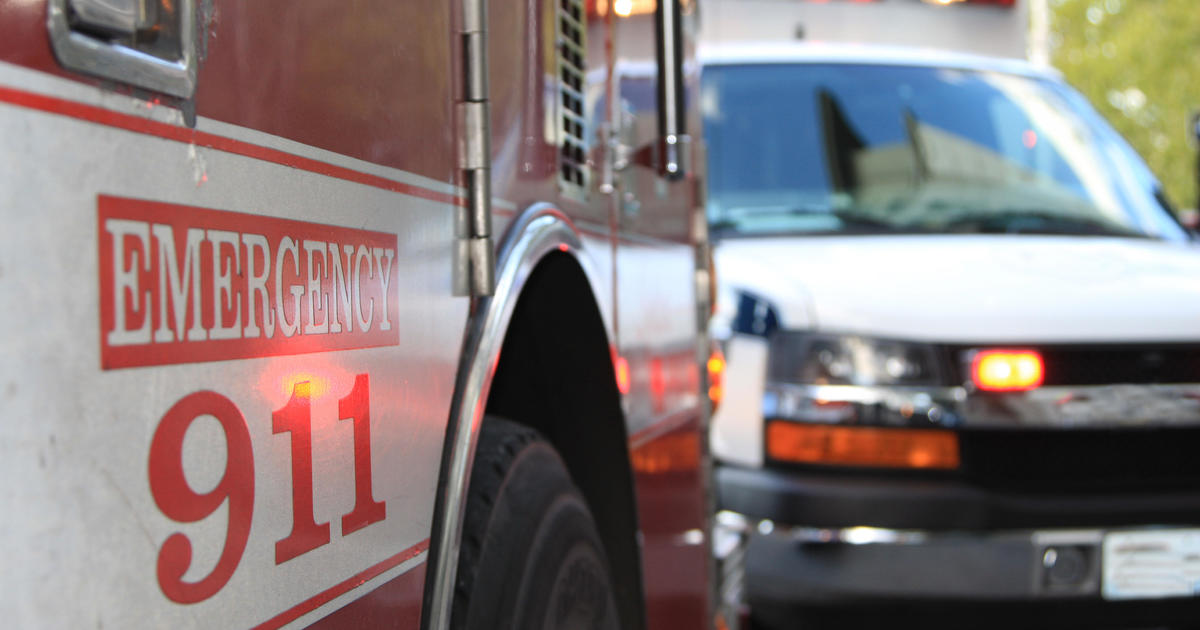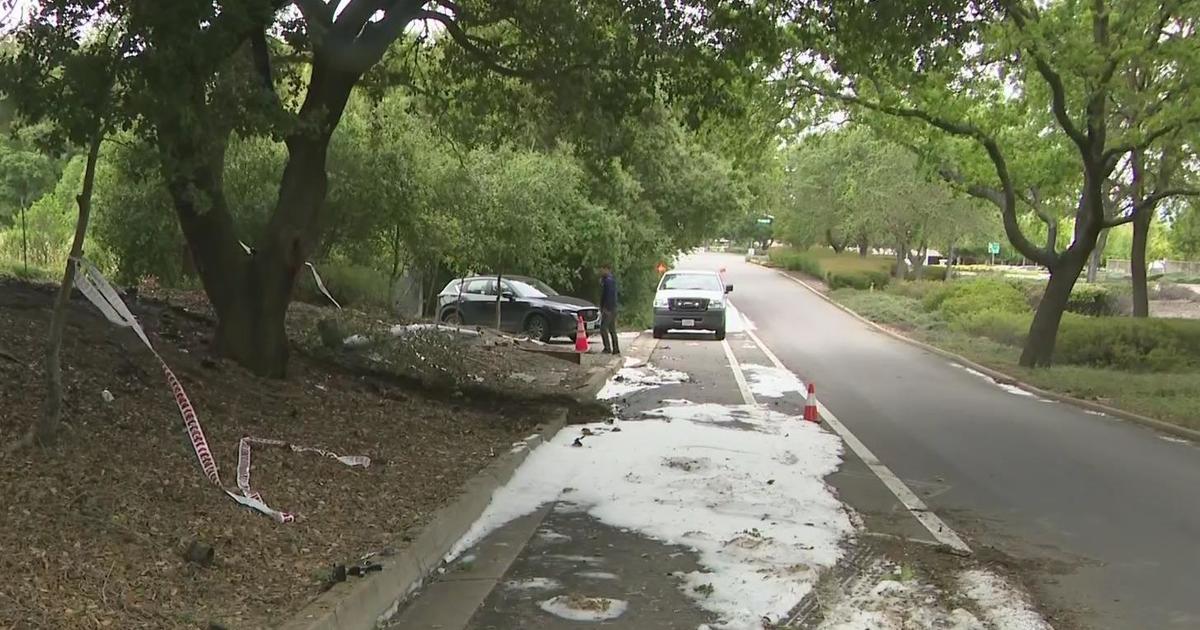Drug Expert: U.S. Needs an 'Operation Warp Speed' for Opioid Epidemic
By Elizabeth Cook and Molly McCrea
CONTRA COSTA COUNTY (KPIX) -- A new federal report shows how the coronavirus pandemic has created a perfect storm when it comes to drug overdose deaths.
The U.S. has set a record with a 30% surge in fatalities, with California reaching nearly 45%.
The pandemic was especially brutal to the Hale-Terry family in Contra Costa County.
The family members' son, brother and uncle Tom Terry died from an accidental opioid overdose. He was just 26.
ALSO READ: COVID Lockdown Stress Leads to Spike in Opioid Overdose Deaths
"He won't be able to be there for any future events, my daughter's birthdays...He was an amazing uncle," remarked his sister Kristina as she wiped away tears.
Tom has a good paying union job as a welder. But the jobs dried up and Tom grew exceedingly anxious.
From an unknown source in July, he bought what he thought was the anti-anxiety drug Xanax. Instead, the pill was packed with fentanyl.
"It was three times the lethal dose that would kill a person," said his mother, Denise.
Fentanyl is flooding the market in the form of both powder and counterfeit pills.
"Overdoses which were already increasing hugely over the last few years increased even more for the corona pandemic," explained Dr. Alex Kral, an infectious disease epidemiologist with RTI International.
For decades, he has conducted surveys with drugs users. He told KPIX 5 that during the pandemic, more overdoses were leading to death for a big reason: the shelter-in-place order led to social isolation.
That caused lethal issues. It became difficult if not impossible to deploy a medication known as naloxone or Narcan, the drug used to reverse overdoses.
"In order for someone to be saved when they overdose, they need someone else to be there and carrying naloxone. And so if people are socially isolating by themselves and using drug by themselves. If they do overdose no one can save them," said Dr. Kral.
Another problem during the pandemic was the difficulty in accessing face-to-face care and treatment for addictions.
Debora Killeen's son Kent is struggling with an opioid addiction. But all his doctor visits and counseling sessions were postponed or conducted over Zoom. The methadone clinic was open, but Debora recounted how there were drug dealers waiting outside.
She said the Bay Area lockdown locked her son out of effective treatment.
"There was no hope. There was no help," said Debora. The family moved to Arizona where Kent got into a program immediately.
"If we really want to see deaths start to come down, we have to flip it so that treatment is much easier for people to obtain," said Dr. Andrew Kolodny, one of the nation's leading experts on the opioid epidemic crisis.
He told KPIX 5 that the United States needs an Operation Warp Speed not just for COVID-19, but for opioid addiction
The drug epidemic began more than 25 years ago. Dr Kolodny says there is still no good data on the newly addicted or how to expand therapy.
"That needs to change if we're going to better address the opioid addiction epidemic," explained Dr Kolodny.
While there's an outpouring of support for those ill with COVID-19, that is not always the case with addicts or those who are suffering from opioid use disorder.
The stigma may impede an effective national response to the problem
"We really should really understand that they're suffering from a preventable treatable condition," said Dr. Kolodny
Dr. Kral additionally noted there is a tendency to blame the people using drugs or selling the drugs as the culprits, but he points to the huge economic disparities on full display in the Bay Area as a root of the drug problem problem.
"The pandemic has simply been a catalyst to make it worse," said Dr. Kral.
The pandemic has created yet another problem: a delay in justice.
"We cannot continue not to try to solve the opioid problem. It's a matter of life and death," said attorney Louise Renne.
Renne is representing several California jurisdictions in a landmark federal case filed against opioid manufacturers and distributors.
The pandemic slowed down settlement talks. Renne says the sooner we get the job done, the better. The settlement requires that any money goes directly to address the opioid epidemic.
"The problem is so large that there might not be enough money to solve all of the problem. But there surely must be large amount that may be able to solve a large part of the problem," said Renne.
In the meantime, Tom's family wants others to know this tragedy can happen to anyone.
"It doesn't discriminate. It can be a doctor, a lawyer, a teacher, a steel worker. It can be anybody," warned Denise.
Additional Info:



